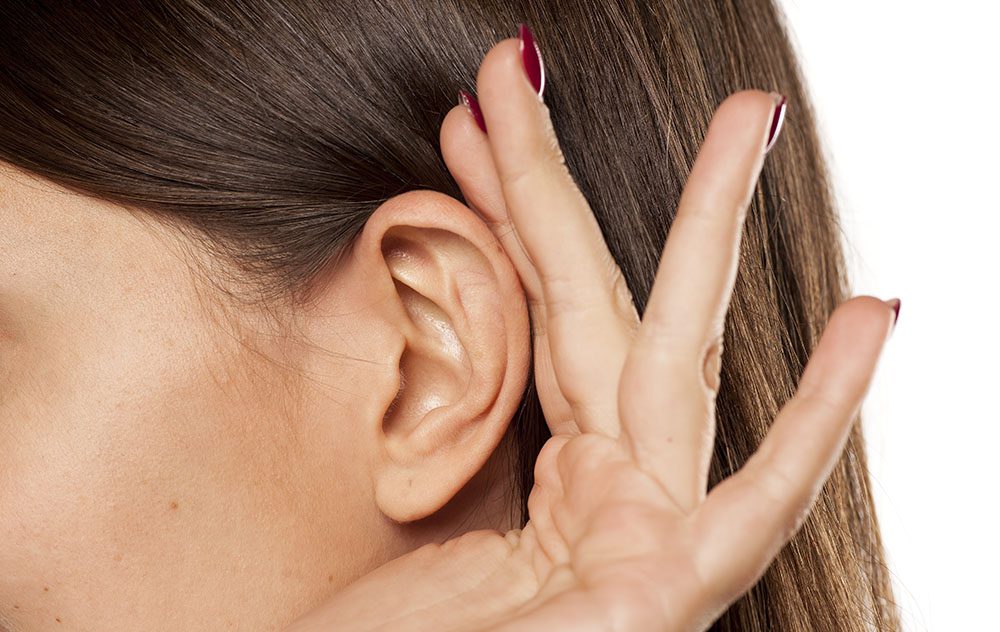Why Hearing Loss Is a Family Issue
Hearing loss affects more than just the person experiencing it; it can


Hearing loss affects more than just the person experiencing it; it can

Hearing aid technology in 2025 is designed to fit more seamlessly into

Have you ever wondered how hearing aids make voices clearer and reduce